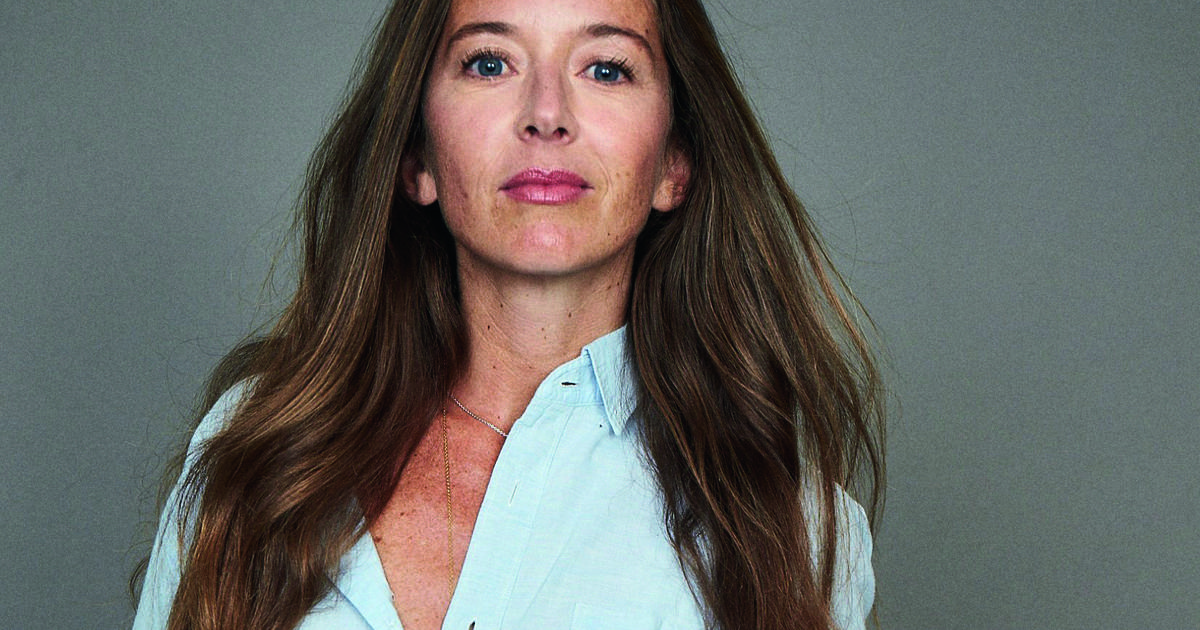The scene takes place on the set of
La Grande Librairie
on France 5, a few weeks ago.
The writer Emmanuel Carrère invited Sophie Calle to speak alongside him.
The artist returns to his exhibition then in progress at the Picasso Museum in Paris.
She describes a work there, in particular: “One day, for a short period of time, I had the idea of systematically saying yes to everything.”
Within the museum, this performance is on the floor of the unfinished, the unfinished.
Calle gave it up.
“It was an ordeal, it just wasn’t livable,” she said.
To discover
Podcast
> Gwyneth Paltrow: the strange guru from the Upper East Side
Download the Le Figaro Cuisine app for tasty and authentic recipes
Also read: Sophie Calle: “My mother was happy with my success, but didn’t quite understand what I was doing”
In front of the television set, without denying the admiration for the artist who has always been adored, there is astonishment.
I listen and straighten up: it's not that complicated, though.
Almost incapable of saying no, could my life be a work of art in the making?
We are talking here about daily yeses and not very engaging, but which still take time.
A shirt to drop off at the dry cleaners just before going to work?
Yes.
A friend who wants to “just spend” the evening of the week when we decided to read Duras, a hydrating mask on the face and preferably horizontally?
Yes.
The insistent call despite silent mode?
Yes.
A paper due the next day?
Yes.
This dinner that our coming would “really” please?
Yes.
Scorsese in the cinema when we would prefer Wim Wenders?
Yes.
The people pleaser syndrome
The Anglo-Saxons have a term for people like me – a pleaser – and nothing, neither its meaning nor its pronunciation, has to do with pleasure.
In a book just published by Éditions de l'Observatoire (2), Corinne Maier makes it a gender issue and calls for freedom from “altruistic sacrifice.”
Women would have more difficulty than men in saying no – just as some cultures are completely foreign to it (the Japanese, for example, do it with this smile and this air of saying quite the opposite; others are downright leering).
Also read: “Many men delude themselves into thinking they are doing their part, when that is not true”: manifesto for feminine selfishness
How can this best be achieved in the vast land of women?
By understanding that there is no link between saying no and showing a dose of selfishness, by breaking the one that, insidiously, has been created in us between refusal and guilt, by realizing that we cannot will not be less loved if we happen to think “me first”!
Saying “yes” indiscriminately
On the contrary, by giving yes indiscriminately, we would empty the formula of its substance and its value.
And to conclude, a secret: at a moment in my life – which I am keen to place neither in time nor in space – I was asked to say yes for real.
I didn't really respond or really hear what was happening in the hubbub of daily satisfactions.
Drowned in the small yeses, we no longer hear the big ones inside us.
Aren't these the ones who stay, though?
Unless we say yes, we would rather say yes.
I understand Sophie Calle.
(1) It's up to you, my darling
, which took place until January 7.
(2)
#MeFirst
!
Manifesto for feminine selfishness,
by Corinne Maier, Éditions de l'Observatoire, 170 p., €18.

